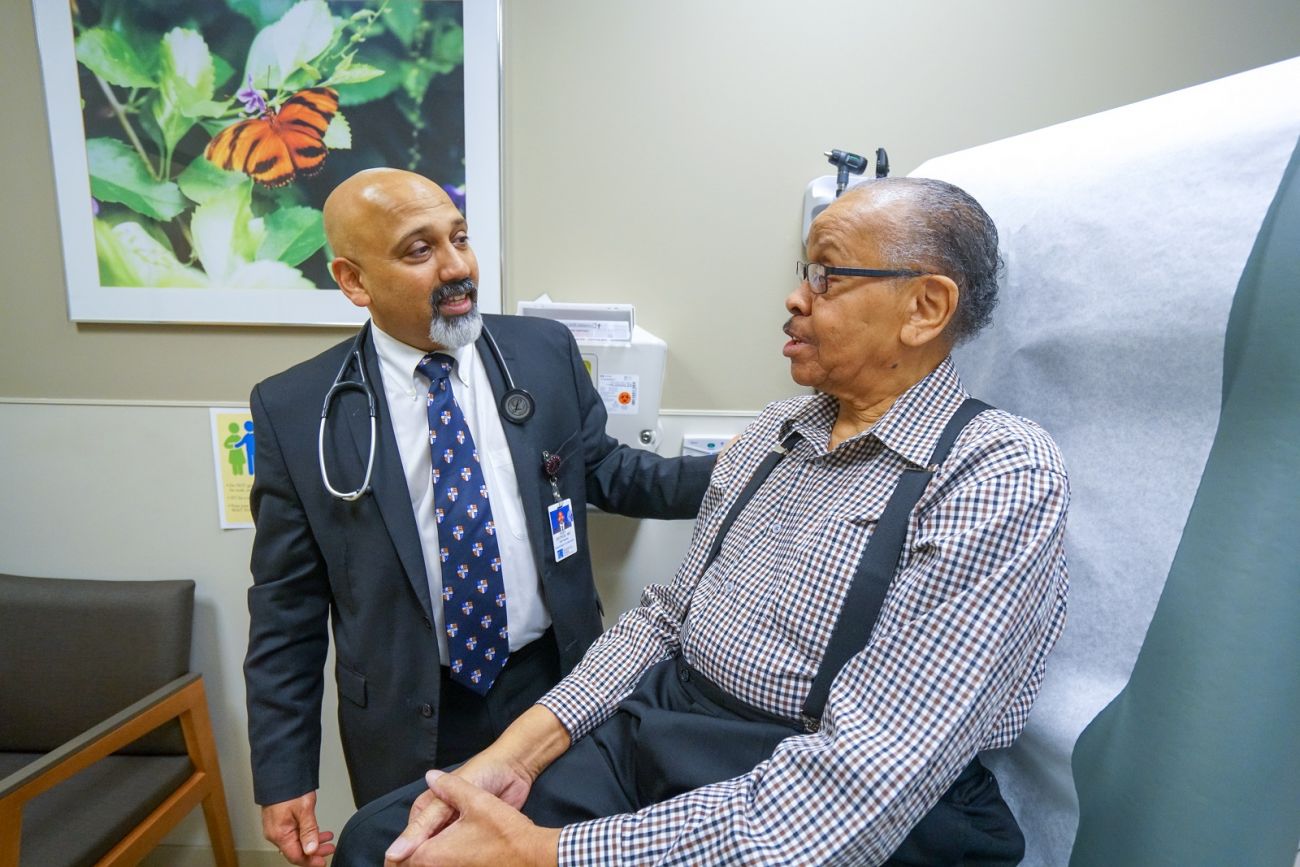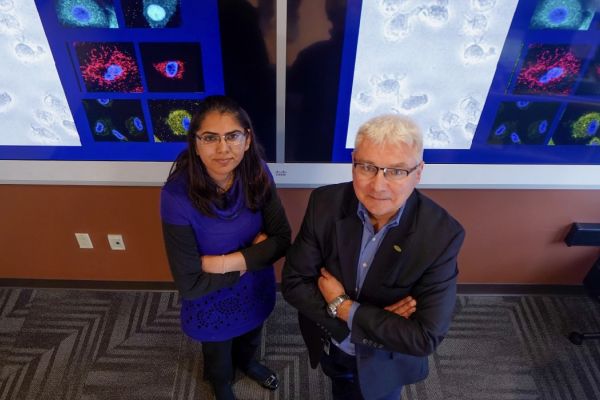Cytokines are proteins that work as chemical messengers between cells and play a role in keeping your immune system functioning well, regulating inflammation, and signaling when immune cells need to fight off threats and repair injuries. Cytokines will tell your immune cells how to behave — where to go and what to do — to thwart invaders like bacteria, viruses, allergens and other harmful substances. Having too many cytokines, however, can lead to excess inflammation and autoimmune conditions.
Cytokines can also send signals that help make abnormal cells die and allow normal cells to live longer. One type of cytokine, called a chemokine, makes immune cells move to a specific target. Some chemokines can be made in a laboratory and are used in the treatment of cancer. These include interferons and interleukins.
How interferons work against cancer
Interferons are chemokines that tell certain types of your immune cells — natural killer (NK) cells and dendritic cells — to activate. One type of interferon, called interferon-alpha (INF-alpha), works against cancer by helping these immune cells to attack cancer cells and by slowing the growth of the cancer cells and the blood vessels needed to feed a tumor. IFN-alpha is used in the treatment of these cancers:
- Hairy cell leukemia
- Chronic myelogenous leukemia (CML)
- Follicular non-Hodgkin lymphoma
- Cutaneous T-cell lymphoma
- Kidney cancer
- Melanoma
- Karposi sarcoma
How interleukins work against cancer
Interleukins are a class of cytokines that tell your immune cells — in particular, your NK cells and other T cells — to grow and multiply more quickly. One type, interleukin-2 (IL-2) is particularly good at boosting the number of white blood cells, especially the NK cells and T cells, that can attack cancer cells. Treatment with IL-2 may be used in some patients with:
- Advanced kidney cancer
- Metastatic melanoma
IL-2 as well as other interleukins, such as IL-7, IL-12 and IL-21, are being studied for their use in enhancing the anti-cancer activity of other immunotherapies like monoclonal antibodies, immune checkpoint therapy and cellular therapy, as well as to restore immune function after treatments like chemotherapy. Other types of cytokines are used in cancer treatment to reduce the side effects of chemotherapy. These cytokines promote the growth of blood cells (red cells, white cells and platelets) that have been damaged by chemotherapy.
In the pipeline at Roswell Park
Researchers at Roswell Park are studying the use of cytokines and oncolytic viruses in cancer treatment through clinical trials for multiple solid tumor types. In addition, we are developing new chimeric antigen receptor (CAR) T-cell therapies in which the CAR-T cells are armored with cytokines, meaning that they are genetically engineered to produce certain cytokines selectively in the tumor microenvironment.

